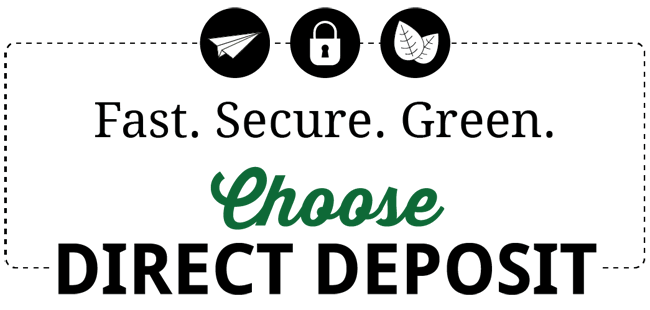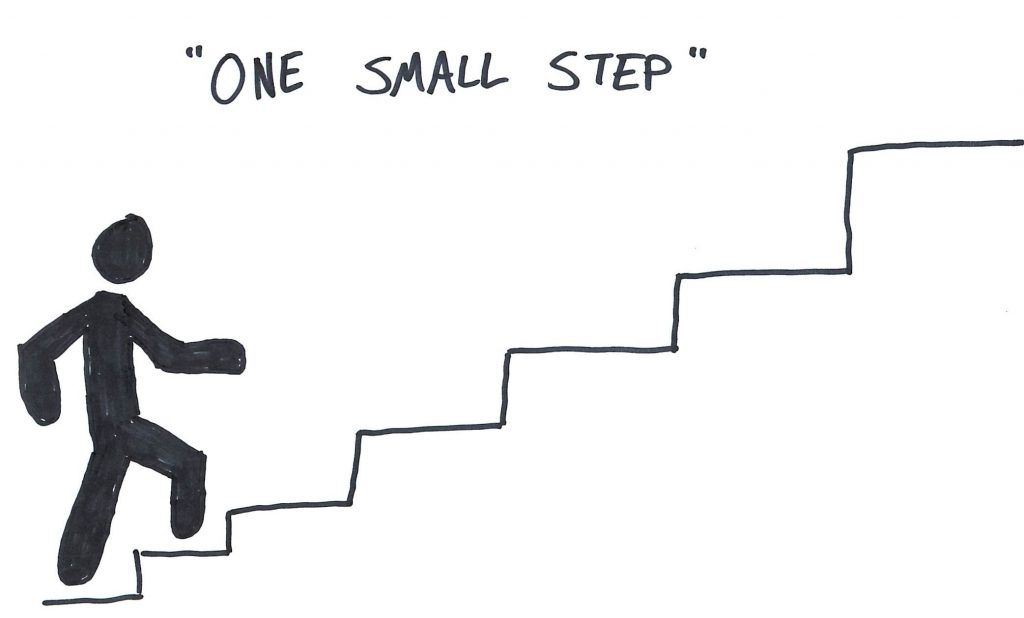 We run our dishwasher each night and one of the kids empties it in the morning. A while back we decided we wanted to leave our dishwasher open a bit during the day to let it air out. Our children decided to make it a game to see how long we could go before someone shut it all the way, which turned off the green “clean” light on the front.
We run our dishwasher each night and one of the kids empties it in the morning. A while back we decided we wanted to leave our dishwasher open a bit during the day to let it air out. Our children decided to make it a game to see how long we could go before someone shut it all the way, which turned off the green “clean” light on the front.
The first day someone shut it shortly after it was emptied. The next few days it was shut before noon. The kids, determined to keep the light on later, were really diligent and would remind anyone by the dishwasher not to shut it. The next few days we made it later and later until one day, when I started the dishwasher around 11 PM, the light was still on.
The next day the same thing happened and since then we’ve only closed it all the way during the day a time or two.
Now clearly this is a minor thing and this post is not about the virtues of leaving your dishwasher open a bit[1]. As the title of the article says, it is about the power of focus. This experience with the dishwasher got me thinking about how we were able to change a habit and achieve a goal by focusing.
How can you use this idea to achieve on your major goals? Focus on them. Here are some ideas:
- Read and even re-write your goals each morning
- Look at your goals and think about them during the day
- Journal about your progress
- Fall asleep focusing on your goals
- Create a vision board and screensaver with a picture of your goals
Just as the Proverb says, “As a man thinketh in his heart, so is he” (Prov 23:7), or as Buddha said, “The mind is everything. What you think, you become” or Emerson, “You become what you think about all day long.”
Focus on and think about your goals and you will eventually achieve them.
[1] It turns out this is a good practice, though: http://homeguides.sfgate.com/keep-dishwasher-building-up-mold-61036.html
Share this:


